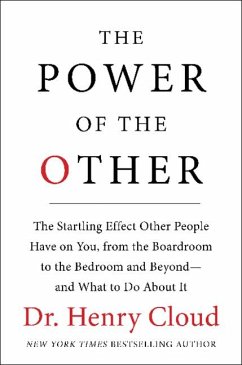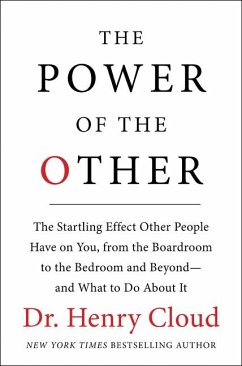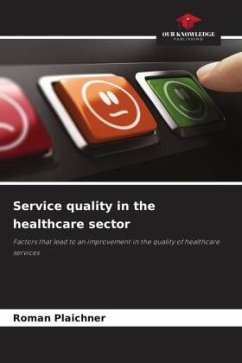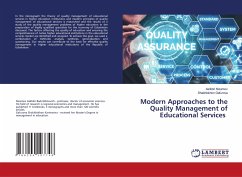
New quality management for the nonprofit sector
Versandkostenfrei!
Versandfertig in über 4 Wochen
69,99 €
inkl. MwSt.
Weitere Ausgaben:

PAYBACK Punkte
35 °P sammeln!
For a long time, quality has been the center of attention in the nonprofit sector, influenced by all kinds of developments in society. Due to, among other things, the interference of the government and the increasing competition, all divisions in the nonprofit sector are obliged to work systematically with their quality. Quality has become necessary. However, as more people gain experience with quality assessments, visitations, and accreditations, so does the criticism. This has to do with how quality is assessed and with the criteria that are used. We will examine this critically in this book...
For a long time, quality has been the center of attention in the nonprofit sector, influenced by all kinds of developments in society. Due to, among other things, the interference of the government and the increasing competition, all divisions in the nonprofit sector are obliged to work systematically with their quality. Quality has become necessary. However, as more people gain experience with quality assessments, visitations, and accreditations, so does the criticism. This has to do with how quality is assessed and with the criteria that are used. We will examine this critically in this book. Many questions remain unanswered, and contradictions have not been resolved. Moreover, it is no easy task to have all noses pointing in the same direction. In short, there is still work to be done. This book broadens the traditional vision of quality and quality assurance to a vision and approach that is compatible with the support of the organization's missions in the nonprofit sector. Incidentally, we will speak of quality development rather than quality assurance. The use of the term 'quality development' hopes to inspire people to look differently at quality and how their organization deals with it. Furthermore, this book provides nonprofit organizations with methodologies and tools that can help in the process of permanent quality development. The pursuit of quality for nonprofit organizations is approached from a development perspective and a broader social context. This distinguishes it from the traditional quality management manuals. It offers a constructive and appreciative approach that is compatible with the specific mission of various nonprofit organizations (such as education, health care, social work, and government). The approach is also integral because everyone in the organization, as well as the external partners, is involved.












